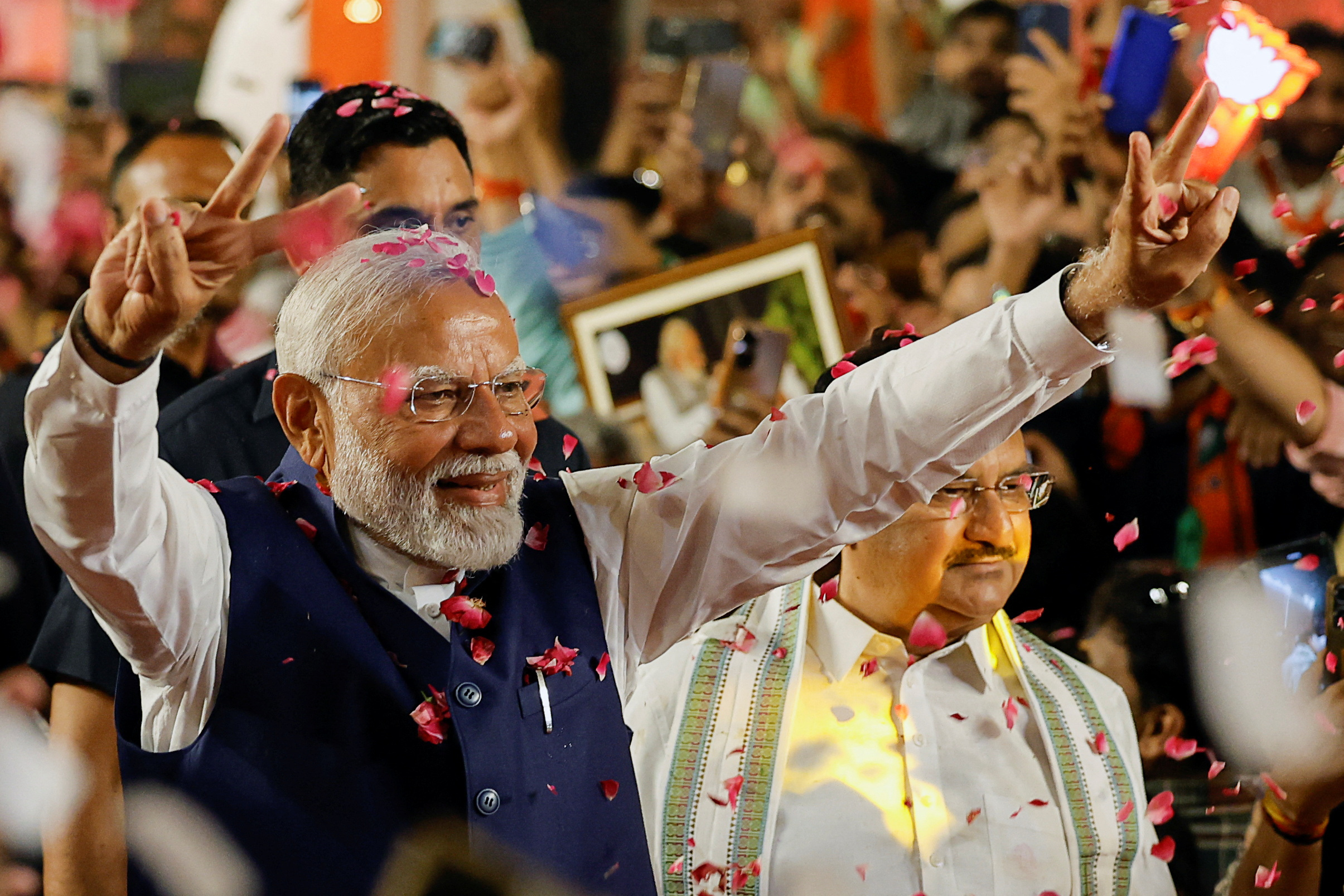Thailand, officially known as the Kingdom of Thailand, is a country located in Southeast Asia. Here is some information about the political system in Thailand:
- Governance: Thailand is a constitutional monarchy with a parliamentary democracy. The King is the head of state and holds a symbolic and ceremonial role. The monarch’s powers are limited, and the country is primarily governed by elected officials.
- Executive Branch: The executive power in Thailand is vested in the government, headed by the Prime Minister. The Prime Minister is appointed by the King upon the recommendation of the Parliament. The Prime Minister is the head of government and is responsible for the administration of the country.
- Legislature: The legislative branch of Thailand is a bicameral Parliament. It consists of two houses: the House of Representatives (Lower House) and the Senate (Upper House). Members of the House of Representatives are elected through a general election, while members of the Senate are a mix of elected and appointed representatives.
- Political Parties: Thailand has a multi-party system. Some of the major political parties in Thailand include the Pheu Thai Party, the Democrat Party, the Future Forward Party, and the Palang Pracharath Party. Political parties play a significant role in the country’s political landscape and participate in elections to form the government.
- Elections: Thailand holds regular elections to determine the composition of the Parliament and the government. General elections are held to elect members of the House of Representatives, while senators are partly elected and partly appointed. However, the country has experienced periods of political unrest and military interventions in the past.
- Human Rights and Freedom of Expression: Thailand has faced some concerns regarding human rights, including restrictions on freedom of expression, freedom of the press, and political rights. There have been instances of censorship, limitations on peaceful assembly, and suppression of dissenting voices. The situation regarding human rights in Thailand is subject to change, and it’s advisable to refer to recent news sources or international organizations for the latest information.
- International Relations: Thailand maintains diplomatic relations with various countries and is a member of international organizations such as the United Nations (UN), the Association of Southeast Asian Nations (ASEAN), and the World Trade Organization (WTO). Thailand plays an active role in regional affairs and has a diverse range of international relationships.



